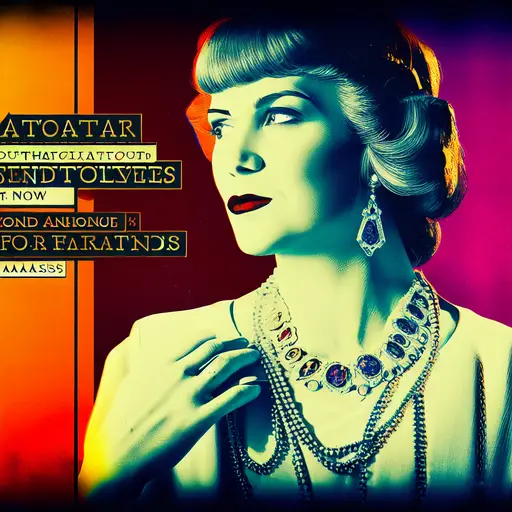In the small German village of Wittenberg, a man named Faust spends his days studying alchemy and searching for the meaning of life. Despite his vast knowledge, Faust is dissatisfied with his existence and feels as though he has wasted his years in pursuit of something ultimately unattainable.
One day, as Faust wanders through the nearby forest, he comes across an eerie figure dressed in black. This figure, who goes by the name of Mephisto, offers Faust a deal: in exchange for his soul, Mephisto promises to grant Faust unlimited knowledge and the fulfillment of all his deepest desires.
Desperate for a change, Faust agrees to the deal and is whisked away on a journey that will change his life forever. With Mephisto as his guide, Faust travels across the realm of darkness and light, encountering demons, witches, and even the beautiful and alluring Gretchen.
As Faust continues to delve deeper into this dark world, he begins to question whether the price he paid for his newfound knowledge and power was truly worth it. The lines between good and evil become blurred, and Faust is forced to confront the consequences of his actions.
Throughout the course of his journey, Faust becomes entangled in a web of love, betrayal, and redemption. He is torn between his desire for knowledge and his love for Gretchen, whose purity and innocence remind Faust of all that he has lost.
In the end, Faust realizes that the true meaning of life lies not in knowledge or power, but in the moments of love and connection that we share with others. He comes to understand that his pursuit of knowledge was ultimately misguided, and that the only way to find true happiness is to embrace the simplicity and beauty of the present moment.
As Faust’s story comes to a close, we are left with a profound message about the human condition and the power of love and redemption. It is a tale that reminds us of the importance of staying true to our values and prioritizing relationships over knowledge and power.












